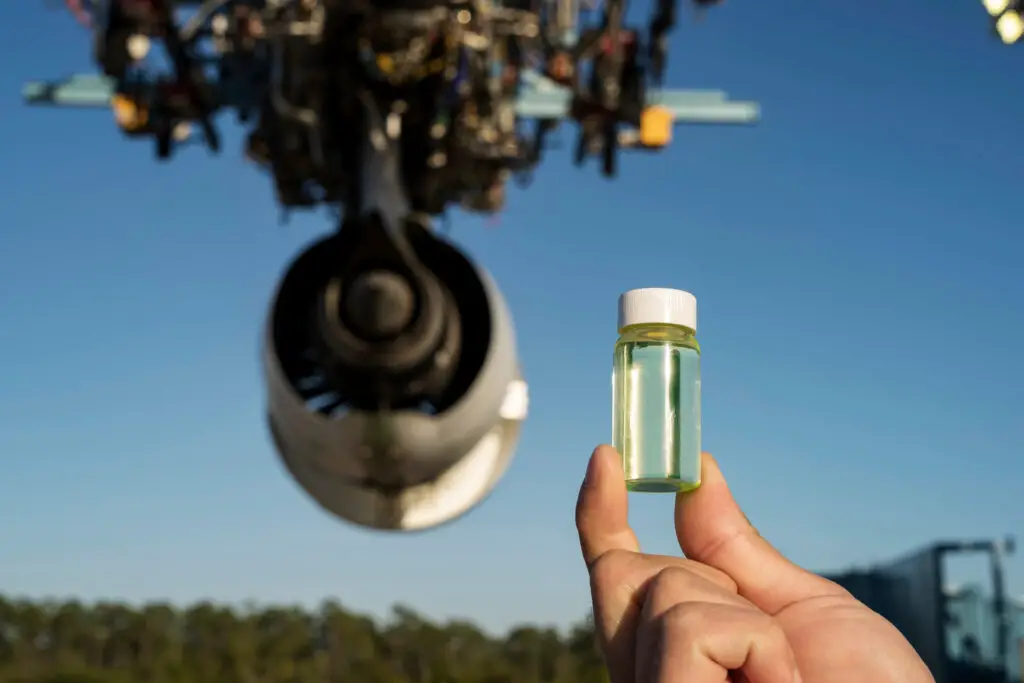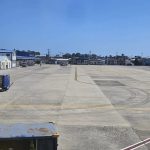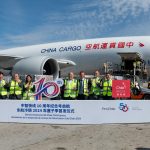The Mexican multinational company CEMEX, which specializes in the production of building materials, announced that it will join a consortium of two other companies to work on the production of sustainable aviation fuel (SAF) from green hydrogen and carbon dioxide.
The initiative is part of the efforts to make its facility in Rüdersdorf, Germany, the first zero-carbon cement plant, the company said. The other two companies involved are South African Sasol and German ENERTRAG.
Sasol produces sustainable fuels and chemicals derived from green hydrogen and sustainable carbon through the Power-to-Liquids (PtL) process. ENERTRAG specializes in the manufacture of energy from green hydrogen from renewable sources.
The joint project aims to produce SAF from the combination of both elements. ENERTRAG will provide green hydrogen produced from wind and solar energy. Carbon dioxide will be captured at CEMEX’s Rüdersdorf plant. The company expects to provide up to 100 tons of the gas per day in the initial phases.
Sasol will provide its innovative technology to obtain an e-kerosene that, once certified, can be blended with traditional fuel to reduce the environmental impact of operations.
«We are excited to be part of this groundbreaking project that will contribute to the decarbonization of two of the world’s key industries», said Fernando A. Gonzalez, CEO of CEMEX. «The path to carbon neutrality will be built with innovation, and we remain committed to being at the forefront in developing new circular technologies and processes», he added.
The production and supply of sustainable fuels for the aviation sector is still incipient compared to current needs. However, the industry is working to increase its availability and reduce its costs. Alternative power sources are the most viable option for reducing emissions in the industry in the short term.
See also: ALTA: Latin American aviation aims to use sustainable fuels














